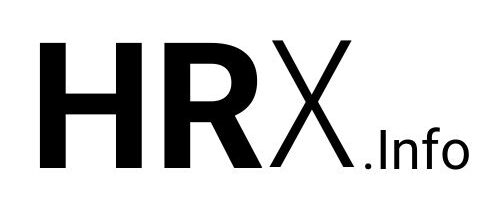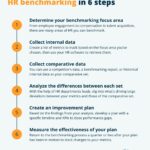Corporate career planning refers to a specialized sub-area of company-wide planning that requires close coordination between human resource planning and other functional areas such as production, as well as integration with the broader human resources management strategy.
The primary objective of corporate career planning is to design structured career models and development paths that align both with the strategic needs of the company and the personal and motivational goals of employees. By doing so, organizations can secure the availability of the right talent—in the right quantity, at the right time, and in the right location—thus strengthening long-term workforce retention and performance capability.
This planning process is influenced by a variety of external factors (e.g., labor laws), internal conditions (e.g., industry sector or company size), and personnel-related factors (e.g., years of service or qualification level). These elements must be appropriately considered to develop effective and equitable career pathways.
Corporate career planning also plays a pivotal role across several HR functions. It is closely linked with:
-
Succession planning and personnel deployment, ensuring leadership continuity,
-
Employee development and targeted upskilling,
-
Retention strategies, using career progression as a tangible and motivational incentive, both materially and immaterially,
-
Working time management (see working time), especially for employees on alternative schedules or phased roles.
As a comprehensive career management system, it leverages tools that assess and identify:
-
Current skills and competency levels within the workforce,
-
Existing skill gaps and required development interventions,
-
Latent employee potential,
-
Measurable and observable performance outcomes.
Integration within HR Management
For career planning to be truly effective, it must be seen as an integrated system. The success of any corporate career strategy depends on the alignment between career models, instruments, and HR functions. The greater the synergy across these interfaces, the higher the overall impact on performance and employee satisfaction. Companies must ensure that career paths are embedded into existing HR structures and tools to maximize results and internal mobility.
« Back to Glossary Index





![15 Employee Offboarding Templates That Save Hours of HR Time [Free Downloads] 15 Employee Offboarding Templates That Save Hours of HR Time [Free Downloads]](https://i1.wp.com/www.hrcloud.com/hubfs/Header.png?w=150&resize=150,100&ssl=1)
